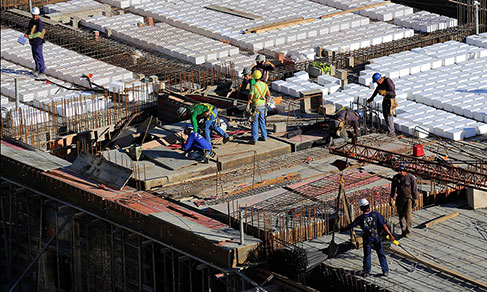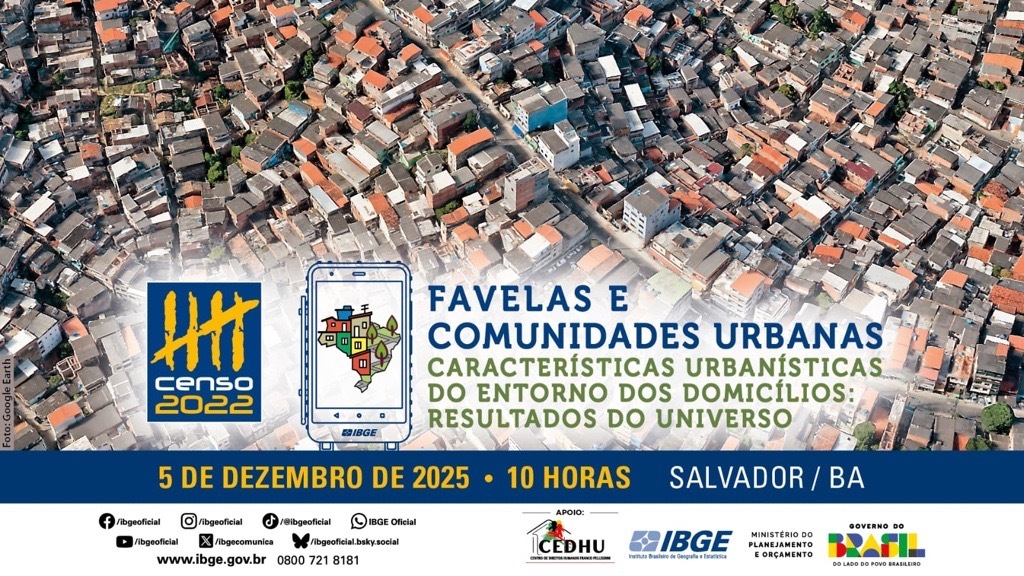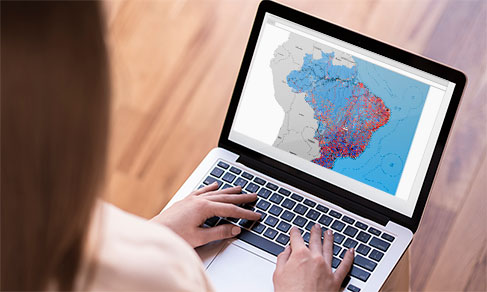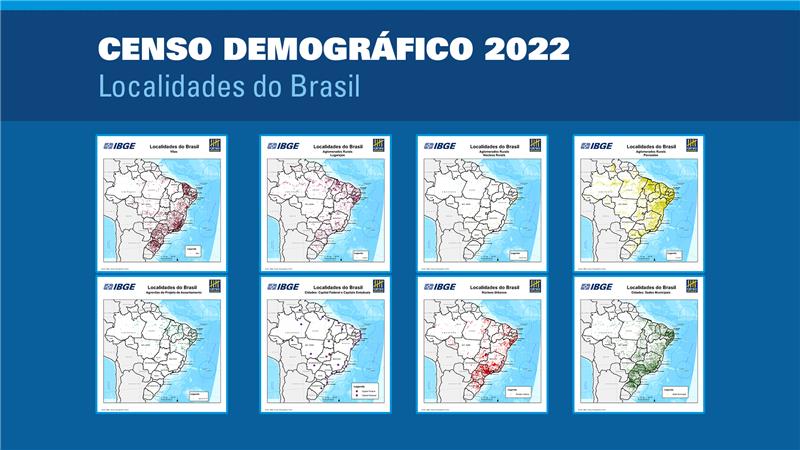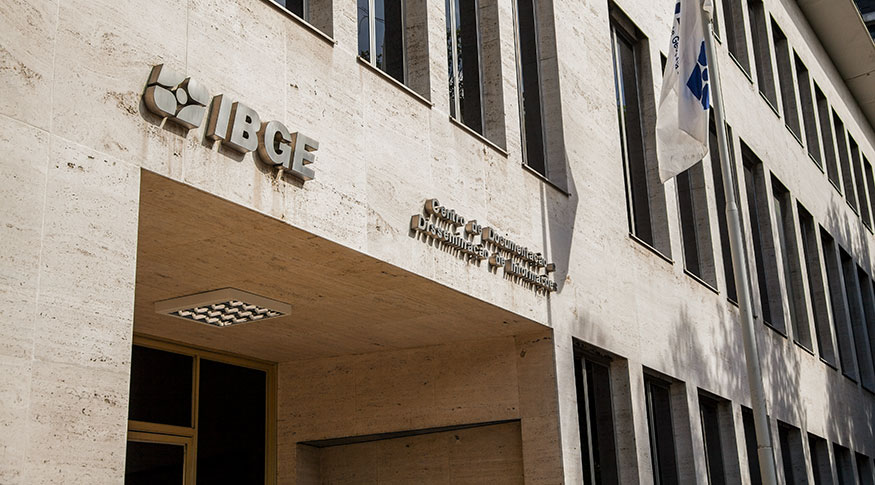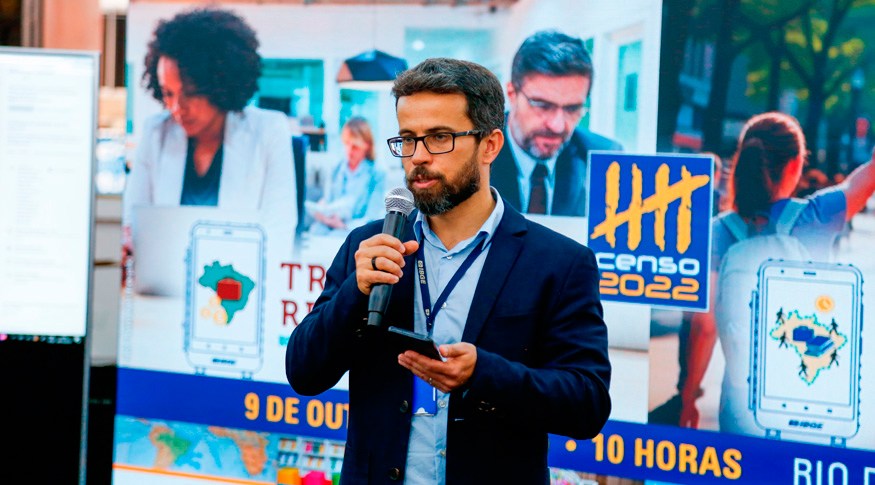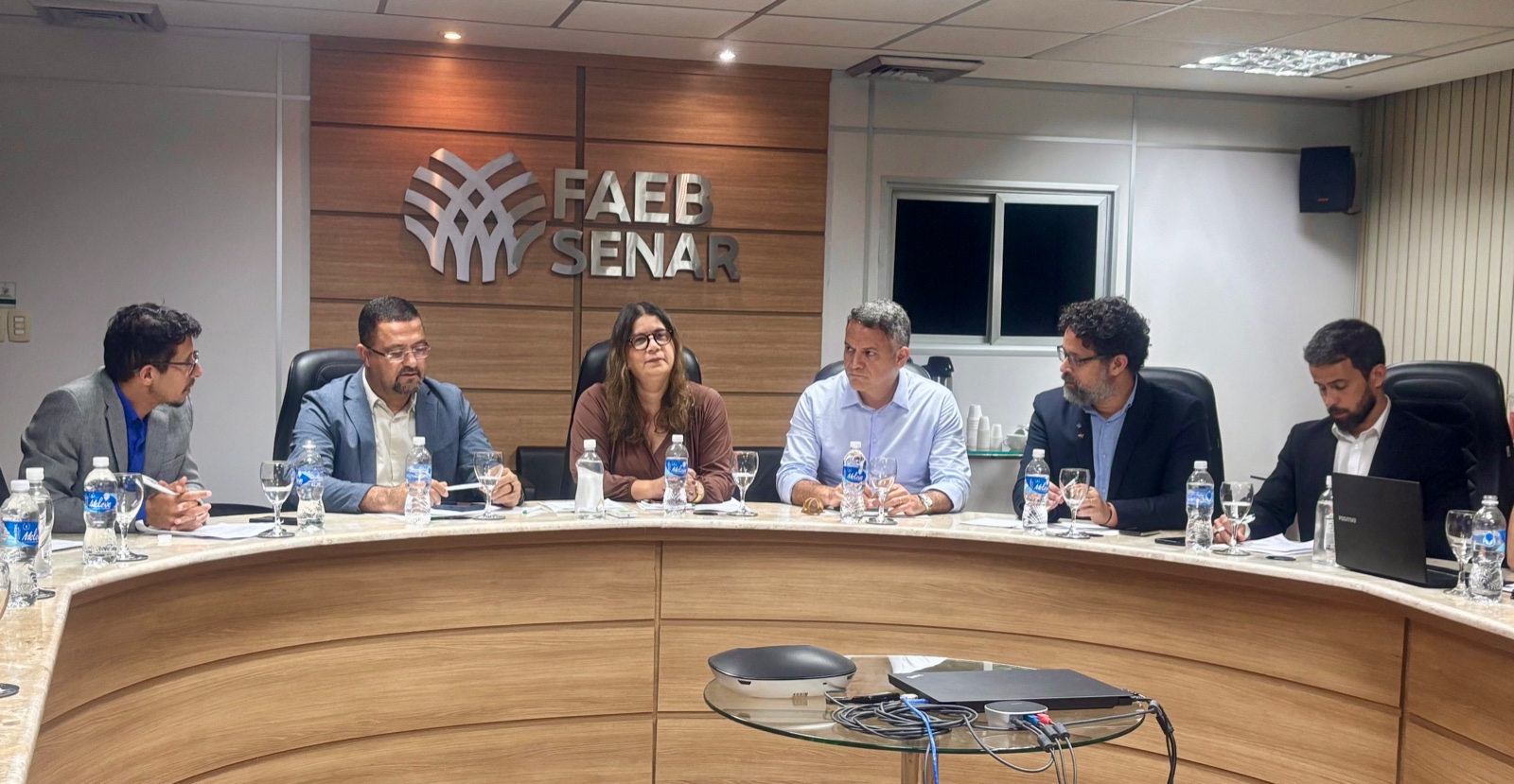Note from the Presidency - Administrative note
September 26, 2024 09h15 AM | Last Updated: September 26, 2024 07h22 PM
Proceeding with the necessary clarifications, the IBGE Presidency provides in this Note more official technical elements on the areas of the IBGE administration.
1 – Ordinances
1.1 – It is necessary to observe that all Ordinances issued, including those on “teleworking” and “hybrid work”, were published considering the deadlines provided for by law. In the case of PDG, the deadline is 30 days for notification to the civil servant, for changes in the work regime. And always with possibility of exceptions in the ordinance itself.
The ordinances by the current administration were published in advance, with an average of more than 60-day advance.
Please, see the table:
| Act | Date | Date of effectiveness |
|---|---|---|
| IBGE ordinance 156/24 | Jan 30, 2024 | March 1st to 31st - Coordinators and Superintendents April 1st to 30th - Managers |
| IBGE ordinance 810/24 | July 28, 2024 | September 1st, 2024 |
| IBGE ordinance 1023/24 | August 22, 2024 | October 15, 2024 |
2 – Statute
Along almost 90 years, the IBGE has undergone many changes to its Statute. This is a prerogative of the appointed management, through the presidency of the organization. The current IBGE Statute, and its respective Framework of Positions and Functions, was approved by Decree 11,177, of August 18, 2022.
It is worth considering that this latest Edition was proposed and approved entirely by the management at the time during the COVID-19 pandemic, a time when the Institution was fully involved in the execution of the Population CENSUS and adapting to the full-time remote work regime.
The current Statute made significant structural changes to the IBGE, among the main ones are:
• Transformation of DAS, FCPE and FG positions and functions into new CCE and FCE positions and functions;
• Transformation of some bonuses for extraordinary service (GSE) into FCE functions;
• Creation of the Office of the Inspector General and the Ombudsman;
• Change of the name of the Data Processing Directorate to the Information Technology Directorate;
• Change of the name of the State Branches to State Superintendencies.
We would also like to highlight the Organizational Restructuring part, with the following changes:
• Improvement and standardization of commissioned positions in State Superintendencies (previously called State Branches) and Agencies;
• Improvement, standardization and creation of commissioned positions in the Central Administration;
• and Updating of the text of the Statute.
The current administration, through the IBGE 90 Years Project, published, after holding Dialogues 2 in Parada de Lucas, the 12 Guidelines of the agency until 2026, the year in which IBGE turns 90. And the guidelines generated Dialogues 2, in which a document (see appendix 3) brings suggestions that were discussed at the International and National Conference of Data Users and Producers, held in July/August at UERJ, in the city of Rio de Janeiro. And as announced by the Presidency of the IBGE, in consensus with the Dialogues 2 Committee, after this internal and external debate, the IBGE would approve proposals to be forwarded to Congress or the Presidency of the Republic and what would be changed via Statute.
Thus, the more than 10,000 participants in the Dialogues project, which is fully documented and recorded, made many statements stating that some changes could be made to the Statute without needing to go through Congress, statements also suggested by the labor union.
The current administration will go on with the dialogue, but the beginning of the Statute review process is up to the administration to determine and organize. And with the arrival of new civil servants, this new structure is considered key to this new moment, including to start the practical and transversal actions of SINGED. However, as it has been the case in our history at the IBGE for over a year, the debate on the current needs for change will not be carried out only by the organization's leadership, it will be collective.
The remainder is temporarily in Portuguese.
3 – Novo Concurso
Todas as informações sobre novos concursos são aprovadas no Conselho Diretor, publicadas na Intranet do IBGE e divulgadas pela Coordenação de Comunicação Social do IBGE - em caso de necessidade de divulgação externa - e pelos órgãos federais envolvidos em cada certame.
Dessa forma, registra-se que não foram aprovadas no Conselho Diretor do IBGE as propostas contidas em OFÍCIO Nº 431, de 23 de setembro, como a extinção de cargos de Nível Intermediário.
4 – Diálogo não pode ser com exigências prévias
Em publicação “ASSIBGE exige revogação imediata de portaria sobre teletrabalho (23/08)”, que traz o texto: “Dessa forma, solicitamos a revogação imediata e integral da portaria, para que a questão possa ser debatida adequadamente pela categoria e pela instituição, incluindo consulta ao Comitê Gestor de Carreira, órgão com atribuição legal de auxiliar na execução da política de recursos humanos”, a presidência do IBGE não poderia aceitar uma reunião com exigências prévias.
Mesmo com indicativo de greve, a atual gestão nunca condicionou reuniões com o sindicato, incluindo pedido de fim de greve – já que tal prática não faz parte das premissas básicas de um diálogo.
A atual gestão do IBGE sempre se manteve aberta ao diálogo. Infelizmente, a ASSIBGE rompeu o diálogo ao não aceitar reunir-se com a direção por duas vezes, não obstante o convite da direção do IBGE. E convite da direção sempre foi com pauta aberta, mesmo quando o tema era específico. Sempre!
A volta ao trabalho presencial é bandeira dos trabalhadores, inclusive, dos que se arriscaram na pandemia e foram os que nunca deixaram as instituições vazias. E todo o IBGE, inclusive, o sindicato, acompanha este ano as várias portarias sobre a volta do regime de trabalho remoto integral. Não tendo feito movimento quando na volta dos APMs, dos administrativos, dos coordenadores e gerentes, mas que agora é contra a volta da parcela menor de trabalhadores que ainda está em teletrabalho integralmente.
A Presidência do IBGE atua com os canais do órgão, respeitando o trabalho de cada diretoria técnica, o que inclui a Diretoria-Executiva, que cuida da administração, infraestrutura e pessoal, áreas integradas na atual gestão com foco em receber os novos servidores, mas também equacionar os problemas estruturais do IBGE.
Qual deveria ser a postura de um sindicato de trabalhadores? Defender a maioria ou uma parte que não quer voltar ao trabalho presencial?
Como os ibegean@s que já estão em trabalho presencial podem ser apoiados?
Ninguém é melhor que ninguém. E o IBGE é de todos e do Brasil!
Pauta aberta, mas organizada em torno dos principais pontos de interesse da instituição, dos trabalhadores e do Brasil. Sempre!
Portaria IBGE Nº 1.125, de 20 de setembro de 2024
Dispõe sobre os casos de exceção ao Regime de Trabalho Híbrido no IBGE.
Portaria IBGE Nº 1.023, de 22 de agosto de 2024
Dispõe sobre a implantação de regime de trabalho híbrido.
Portaria IBGE Nº 491, de 10 de abril de 2024
Dispõe sobre o fim do trabalho remoto no exterior.
Portaria IBGE Nº 156, de 30 de janeiro de 2024
Dispõe sobre o processo de retorno gradual ao trabalho presencial.
Leia, também, outros dois comunicados da Presidência sobre o tema.
Comunicado da Presidência – Nota detalhada



